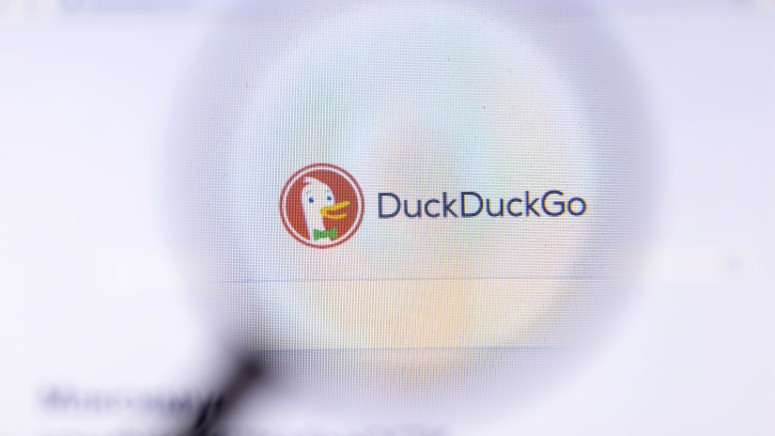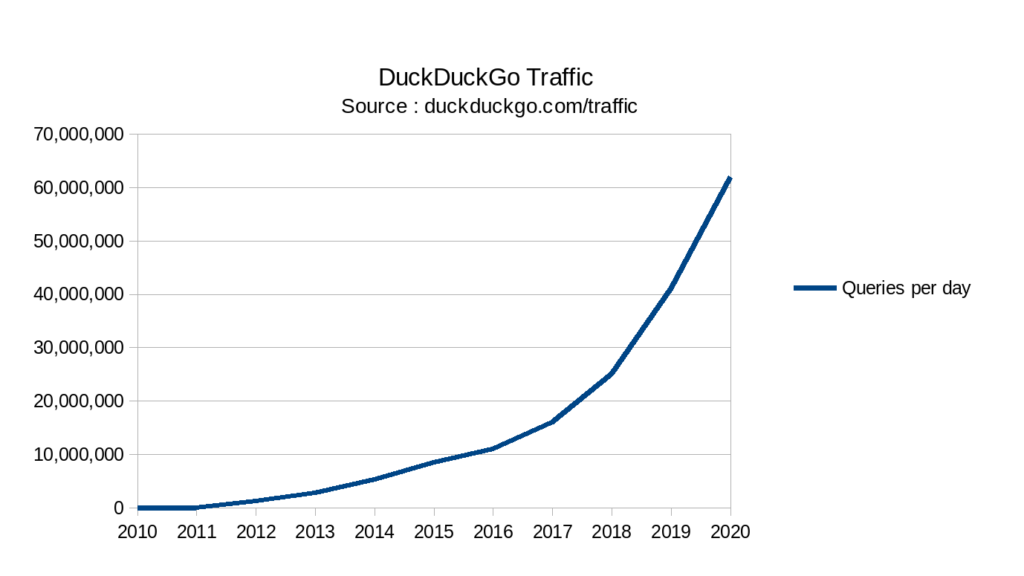
DuckDuckGo Search Results No Longer Bring up Some Pirate Sites
- Several users are reporting that their favorite pirate sites no longer come up in DuckDuckGo results.
- Depending on where you live, you may not witness any problem with search results censorship.
- The search engine could have received DMCAs as its popularity is growing quickly.
Users of the privacy-minded ‘DuckDuckGo’ search engine have recently noticed that popular pirate sites are missing from the results, although there used to be no problem of this kind in the past. Copyright holders are known to apply pressure on Google, the world’s largest and most successful search engine, but other services remained largely undisturbed thus far.
According to a report by Torrent Freak, though, this practice appears to be changing now, as both Bing and DuckDuckGo are adopting restrictions previously seen in Google search. DuckDuckGo offers user-agnostic results, not tracking the user's IP and not curating the search results based on their online activities.
As for piracy, DuckDuckGo took the effort to exclude copyright infringing results when it introduced the “bangs” feature in 2018 to avoid liability. Besides that, they didn’t care to proactively or voluntarily de-index pirate sites.
This made DuckDuckGo popular for pirates and users who were looking to get proxy results that Google wouldn’t serve. Gradually, the service’s traffic grew, and the daily searchers reach a record-breaking 82.5 million daily just this month. While the internet crowd is increasingly concerned about its privacy, we can safely assume that a large factor for this growth wasn’t privacy-minded individuals but pirates.
Possibly, copyright holders and intellectual protection groups have noticed this sudden growth and are now pressing DuckDuckGo to comply with the laws. One way to do this is by flooding the service with DMCA takedown notices, which is what could have happened.
Popular sites like the “1337x” torrent index are now gone from the search results, but others, like The Pirate Bay, are still getting a prominent position on the first page of the results. 1337x or other pirate sites may appear on some users’ results and not be seen anyone on others. This varies depending on where the user is based, so it could be a case of geo-blocking.
Censoring results is never preferable for search engines because their main purpose is to give users valid results of what’s out there, not judge these URLs’ legality. For now, DuckDuckGo didn’t provide any official explanation of what could be happening here. We have reached out to the company, and we will update this post as soon as we hear back from them.









